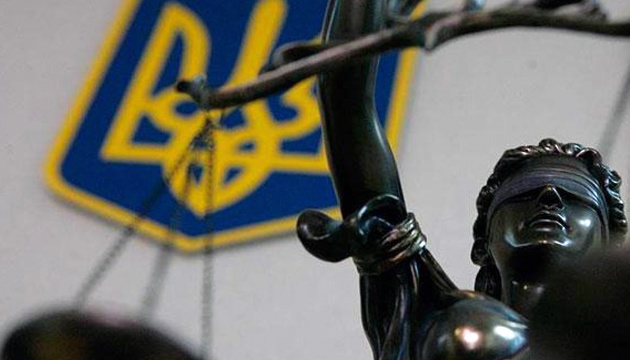
Ten facts about judicial reform
Therefore, the reform of the judiciary was identified as a priority in the work of the newly elected authorities. Its purpose was to create a truly independent system of courts, with a new level of responsibility and accountability of judges. Ukrainian President Petro Poroshenko is now mercilessly criticized for this reform, whereas the advisers of one candidate for the post of head of state have recently announced that the reform was actually "simulated" so there is a need for its "restart." At the same time, international experts who took direct part in carrying out reform changes praise the work done and the result obtained. We invite our readers to consider a number of facts about the implementation of the reform and make their own conclusions.
1. Ukraine inherited an ineffective justice system from the Soviet Union during the first decades of independence
In Soviet times, the courts were part of the state punitive system and actually subordinated to state and party bodies. The presumption of innocence and other key rights and guarantees existed mainly on paper.
When Ukraine gained independence, new problems were added to the "Soviet" problems of the judicial system. Courts turned into centers of corruption. This trend reached the peak under President Viktor Yanukovych. The law in the state degraded, while the image of a judge got a profound negative color in society that will have to be corrected for many years.
2. The rule of law is one of the most important challenges
Without exaggeration, the decent life of citizens and the development of the country depend on this. Our common goal is justice in Ukraine according to European standards, based on the rule of law.
3. The reform of the justice system is conducted in accordance with a clear strategy backed up by the EU and the Council of Europe
The strategy developed by the Judicial Reform Council and approved by a decree of the president of Ukraine outlines the steps needed to create a modern European justice system in Ukraine. The developers included international experts, lawyers-practitioners, academics, deputies, representatives of civil society organizations, and judges.
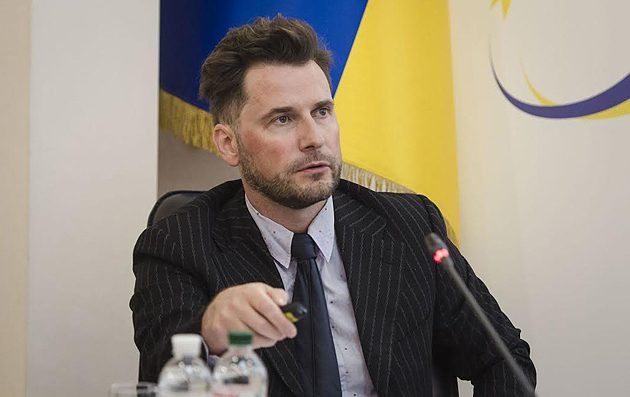
The council "approved the strategy for the reform of the judiciary and related legal institutions for 2015-2020, as well as a clear plan of action for the implementation of reforms. Moreover, the Council convenes annually and defines an annual plan with more specific procedural steps. The level of organization of reforms in the justice sector is really impressive," said Dovydas Vitkauskas, Head of the EU PRAVO-JUSTICE Project.
The strategy involves three components of the reform:
bringing legislation into line with European standards;
creating new and reformatting the existing institutions of the justice system;
restart of personnel.
4. Most (but not all) of the key laws required for the quality work of the judiciary have been approved
The legislative component of the reform is close to completion. In general, ten fundamental laws bringing Ukraine's justice system into in line with European standards have been adopted since 2014.
Due to amendments to the Constitution and the new legislation on the judiciary, conditions were created for independent and responsible work of courts in Ukraine. New procedural legislation, which should make the trial more efficient and fast, was adopted.

The new legislation on the judiciary envisages the assessment of every judge in office according to the criteria of competence, integrity and ethics, as well as the holding of transparent competitions for posts of judges.
This legislation was developed in cooperation with European experts and was highly appreciated:
"The adoption in the final reading of constitutional amendments related to the judiciary by the Verkhovna Rada in Ukraine is a crucial step towards strengthening the judiciary, improving its efficiency, safeguarding its independence and impartiality, and combating corruption," reads a joint statement by EU High Representative for Foreign Affairs and Security Policy Federica Mogherini and EU Commissioner for European Neighbourhood Policy and Enlargement Negotiations Johannes Hahn.

Special Advisor of the Council of Europe Secretary General for Ukraine, Regis Brillat, a member of the Judicial Reform Council: "Following the Revolution of Dignity in Ukraine, significant changes have taken place in the judicial system. This includes the introduction of amendments to the Constitution, the adoption of the law of Ukraine 'On the Judicial System and the Status of Judges,' the introduction of amendments to the main procedural laws of Ukraine. […] These events are an example of how it is possible to make changes if there is a necessary political will."
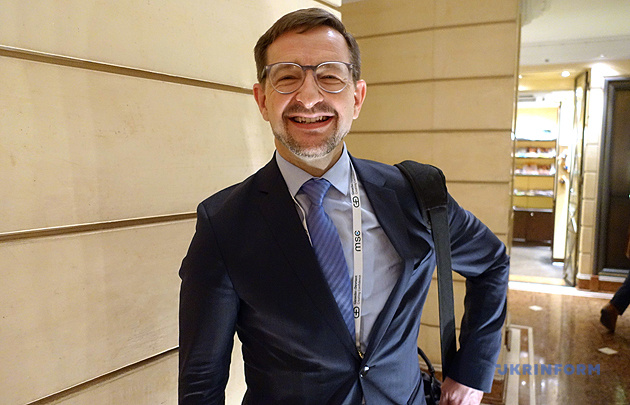
As of the beginning of 2019, it was still necessary to adopt a new law on the bar and legislation on legal education.
The draft law on the bar has been agreed upon with international experts who have given a positive opinion and is under consideration by the Verkhovna Rada.
"Judicial reform remains incomplete without a long-awaited law on reform of the bar. [...] The law is a step forward in comparison with the current law on the bar dated 2012. I call on the Ukrainian leadership to continue to be committed to this reform," OSCE Secretary General Thomas Greminger said.
Legislative changes on legal education are currently being worked out by the working group on the basis of the adopted concept.
5. The judiciary has got everything needed to be truly independent and responsible
Compared with the first 23 years of independence, Ukraine has seen an independent judiciary, new laws on the activities of the court, high salaries of judges, a new level of responsibility and accountability of judges.
In accordance with the new legislation, political institutions were deprived of influence on the appointment and dismissal of judges, and tools were introduced for ensuring the independence of judges, and requirements to judges and judicial remuneration were increased.
On the other hand, the system of disciplinary liability of judges has been improved. For the first time in the history of unconfirmed legality of income, there is a constitutional basis for the dismissal of a judge from office. The new system of sanctions helps respond adequately to violations in the activity of judges.
"Serious levers have been created to resist corrupt decisions. There is no single person or organization that makes decisions on the appointment of judges. The process is now more complex. It is managed by the High Qualification Commission of Judges, which itself consists of 16 persons. They are assisted by the Public Council of Integrity. [...]. Law enforcement and tax authorities are also involved in the selection of judges. In addition, the High Qualification Commission can only recommend a candidate based on the results of the assessment. After it, the candidates are examined by the High Council of Justice, and only afterwards the president signs a decree on the appointment of a judge," said Dovydas Vitkauskas, Head of the EU PRAVO-JUSTICE Project.
6. A new Supreme Court has been established, and other courts are in the process of being restarted
As of April 2019, the cassation link was completely renewed - a new Supreme Court was created, and it is the highest court in the judicial system of Ukraine, which ensures the unity of judicial practice; courts of appeal were partially updated and the update of the courts of the first instance started.
The new Supreme Court started working on December 15, 2017. Of the 1,436 applicants, according to the results of the transparent competition, which was held for the first time, 118 new judges were appointed. These are not only former judges, but also lawyers and scientists. Valentyna Danishevska became the head of the Supreme Court. The Supreme Court ensures the correct application of the rules of law by all courts and the unity of judicial practice.

The quality of the competition to the Supreme Court is confirmed by the positive conclusions of European experts who noted that the procedure of the competition "is transparent and deserves trust at all its stages, due to high public interest and the importance of the process."
The High Qualification Commission of Judges conducts an assessment of judges regarding their compliance with the criteria of competence, integrity and ethics, as well as competitions for filling vacancies in the courts of the first and appellate instances. Since 2014, almost 30% of the total number of judges resigned without waiting for a qualification assessment. In the process of assessing current judges, about 20% were dismissed or tendered their resignation. Not only judges who have successfully passed the assessment but also lawyers and scientists who meet professional and ethical criteria may apply for their posts.
At the same time, the staffing component of the reform is still far from complete: not only the assessment of all (thousands) of judges in the courts of the first and appellate courts should be completed, but also competitions for all vacancies of judges in these courts should be completed.
7. New specialized courts have been created
The High Court on Intellectual Property will consider cases concerning the rights to an invention, utility model, industrial model, trademark, commercial name, as well as copyright. Its creation is critical to enhancing the investment attractiveness of Ukraine. About 90 countries successfully apply the practice of intellectual property cases being heard by specialized courts. The competition for filling vacant positions of judges of this court is currently underway.
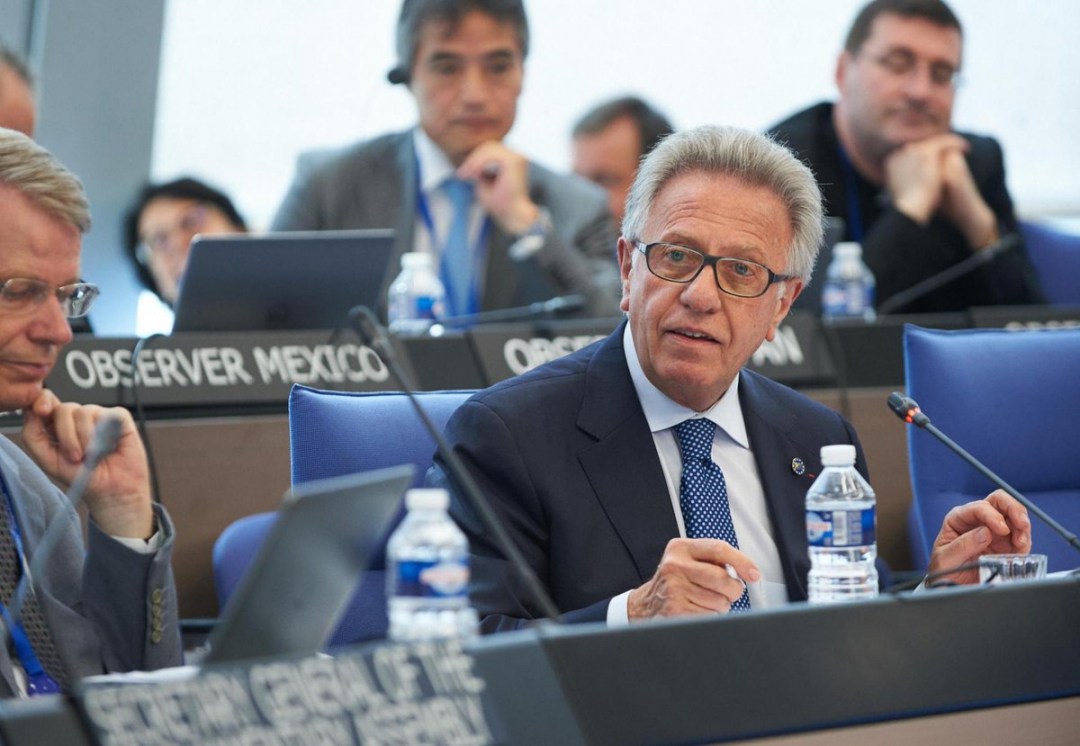
The High Anti-Corruption Court will consider criminal proceedings related to the commission of criminal offenses. The competition for 39 vacant posts of judges of the High Anti-Corruption Court was held with the participation of the Public Council of International Experts (composed of highly-qualified experts from Britain, Canada, Denmark, Lithuania, and North Macedonia) and was praised by international partners and donors.
On April 11, 2019, Ukrainian President Petro Poroshenko signed a decree appointing 38 judges of the High Anti-Corruption Court.
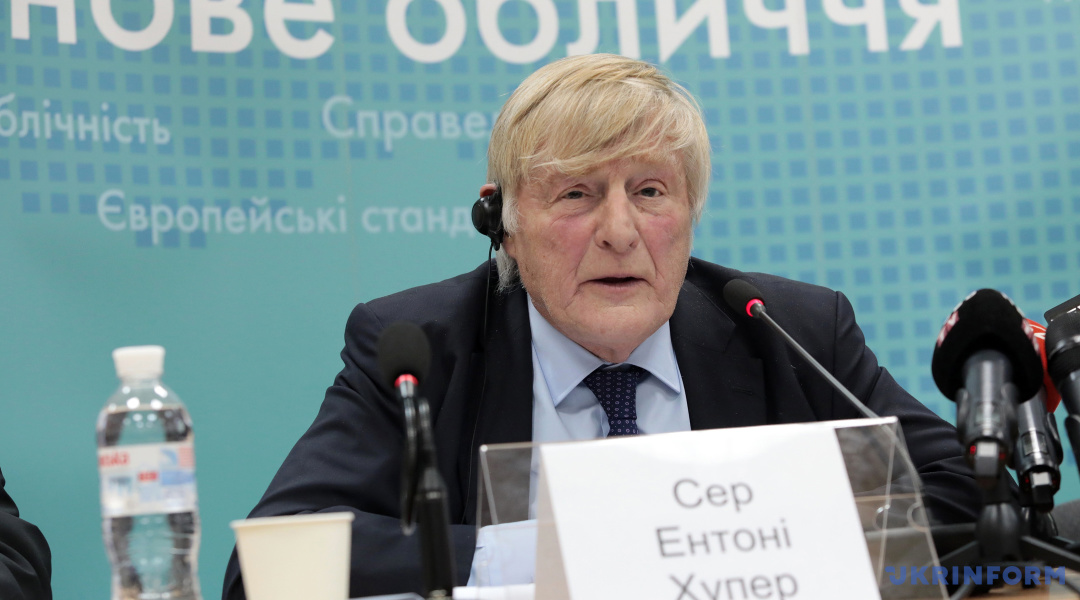
"What we did with the HQCJ during the selection of judges to the Anti-Corruption Court is incredible. Ukraine has developed unique procedures for selecting judges and can be proud of it. Yet no country has invited international experts, and it is simply impossible to have greater support than we have received from the commission in this process," said Sir Anthony Hooper, Chairman of the Public Council of International Experts.
8. An electronic court has been developed and is being prepared for the launch
New procedural codes provided for the creation of an electronic court - a system that allows you to use a range of court services simply using a smartphone or a computer. Due to this, the court will become a convenient service for citizens.
9. In the reform of justice, everyone has a sphere of responsibility. But justice in the country as a whole is a shared responsibility of the state and society
The attitude to judicial reform in society, apart from historical moments, depends on expectations and understanding of roles. The court must ensure the rule of law, based on current legislation, the lawyer – good protection and legal assistance, the prosecutor's office - to professionally and objectively represent the prosecution in court, the bodies of pre-trial investigation - to gather evidence of the circumstances of the case and the guilt of suspects, and the bodies enforcing judgments - to ensure their real execution.
The task of the Judicial Reform Council is to develop and coordinate a strategy and legislative framework for updating the judicial system, which has been successfully implemented during the four years of its work.
The president submits to the Verkhovna Rada for consideration and the latter adopts the laws and is responsible for their final content. The parliament, the government and the president are also responsible for the creation of new institutions - courts, bodies of judiciary governance (the High Council of Justice, the High Qualification Commission of Judges, the State Judicial Administration, etc.).
The High Council of Justice and the High Qualification Commission of Judges are responsible for filling the courts with high-quality staff, holding competitions, assessing judges.
Special anti-corruption authorities – the National Anti-Corruption Bureau of Ukraine, the Specialized Anti-Corruption Prosecutor's Office, the National Agency for the Prevention of Corruption – are responsible for detecting and preventing corruption in the justice system.
Equally important is the role of citizens - to use their rights and freedoms responsibly, to know and to obey the law in everyday life.
The role of society is decisive in the same way as the role of the state. President of the Venice Commission Gianni Buquicchio said: "It is difficult to make a revolution in the legislative sphere. In two years of judicial reform, you have made a very big step. The regulatory framework for change has been worked out, but it is also necessary to change the mentality of the public and judges in order for the Ukrainian society to receive what it deserves."
10. During the five years of reform, trust in the judiciary has increased by four times
International experts welcome the steps that Ukraine has taken to reform the justice system. According to a report of experts from the EU PRAVO-JUSTICE Project, in most countries, such an approach has never been applied to the public sector as a whole, not to mention the judicial system, by its volume and degree. A full-scale psychological testing of judges and candidates during which general knowledge and skills, ethics and integrity, and social competence are checked deserves particular attention.
"Ukrainian society made a choice on the way of Ukraine's development, in which the rule of law functions. Ukrainian society has made a choice to reform the judicial system as a starting point for real progress in the near future. It's not easy. But it was done. The Constitution of Ukraine was amended. For the first time this process took place without political influence both from the president and from the Verkhovna Rada. This can be compared to the revolution of Nicolaus Copernicus," Buquicchio said.
The reform is also positively evaluated by the Ukrainian legal community. According to a study conducted by USAID, about 70% of lawyers are positively evaluating the impact of reform on the independence of judges, the stability of the judicial system in Ukraine, and increased citizens' confidence in the judiciary.
According to the USAID study, only 5% of the population trusted the courts in 2015. The first steps of the judicial reform have already changed the situation - now almost 20% of Ukrainians positively evaluate the results of the implemented changes. But the ultimate success of judicial reform and the return of citizens' confidence depends on how quickly competent and virtuous people, for whom the rule of law will be an unconditional professional priority, come to the system.




